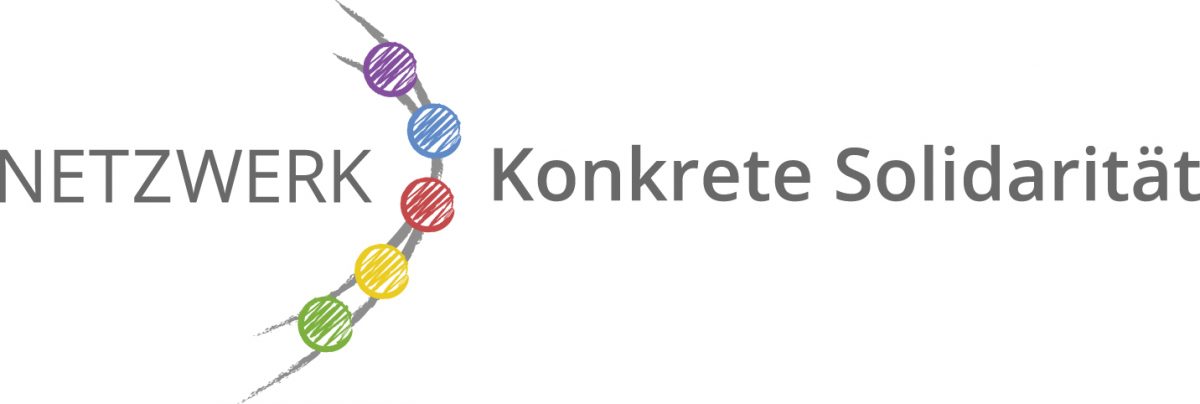Answering Positive and Negative Questions
If you answer a POSITIVE QUESTION, you answer with JA or NEIN:
A. POSITIVE QUESTION
Hast du heute Zeit? – Do you have time today?
1. JA, ich habe heute Zeit. – Yes, I have time today.
2. NEIN, ich habe heute keine Zeit. – No, I have no time today.
If you answer a NEGATIVE QUESTION, you answer with DOCH instead of JA:
B. NEGATIVE QUESTION
Hast du heute keine Zeit? – Don’t you have time today?
1. DOCH, ich habe heute Zeit. – Yea, I have time today.
2. NEIN, ich habe heute keine Zeit. – No, I don’t have time today.
Another Example:
A. POSITIVE QUESTION
Hast du Hunger? – Are you hungry?
1. JA, ich habe Hunger. – Yes I’m hungry.
2. NEIN, ich habe keinen Hunger. – No, I’m not hungry.
B. NEGATIVE QUESTION
Hast du keinen Hunger? – Aren’t you hungry?
1. DOCH, ich habe Hunger. – FOR SURE! I’m hungry
2. NEIN, ich habe keinen Hunger. – No, I’m not hungry.
ATTENTION! „Hunger“ is a German noun. So you have to use the verb „haben“ (to have) here and not a form of the verb „sein“ (to be). The Verb „sein“ you use with adverbs/adjectives, the Verb „haben“ with nouns. Here another
example:
A. POSITIVE QUESTION
Bist du müde? – Are you tired?
1. JA, ich bin müde. – Yes, I’m tired.
2. NEIN, ich bin nicht müde. – No, I’m not tired.
B. NEGATIVE QUESTION
Bist du nicht müde? – Aren’t you tired?
1. DOCH, ich bin müde. – Yea, I’m tired.
2. NEIN, ich bin nicht müde. – No, I’m not tired.
REMEMBER! As „müde“ (tired) is an adverb you use a form of the verb „sein“ (to be) here.


